Dissecting the role of Afghanistan women within sport and their homeland culture, Sofia Bergmann writes about their achievements so far and those that are yet to come. Winning something more than trophies - the freedom to be able to be a woman in professional sport.
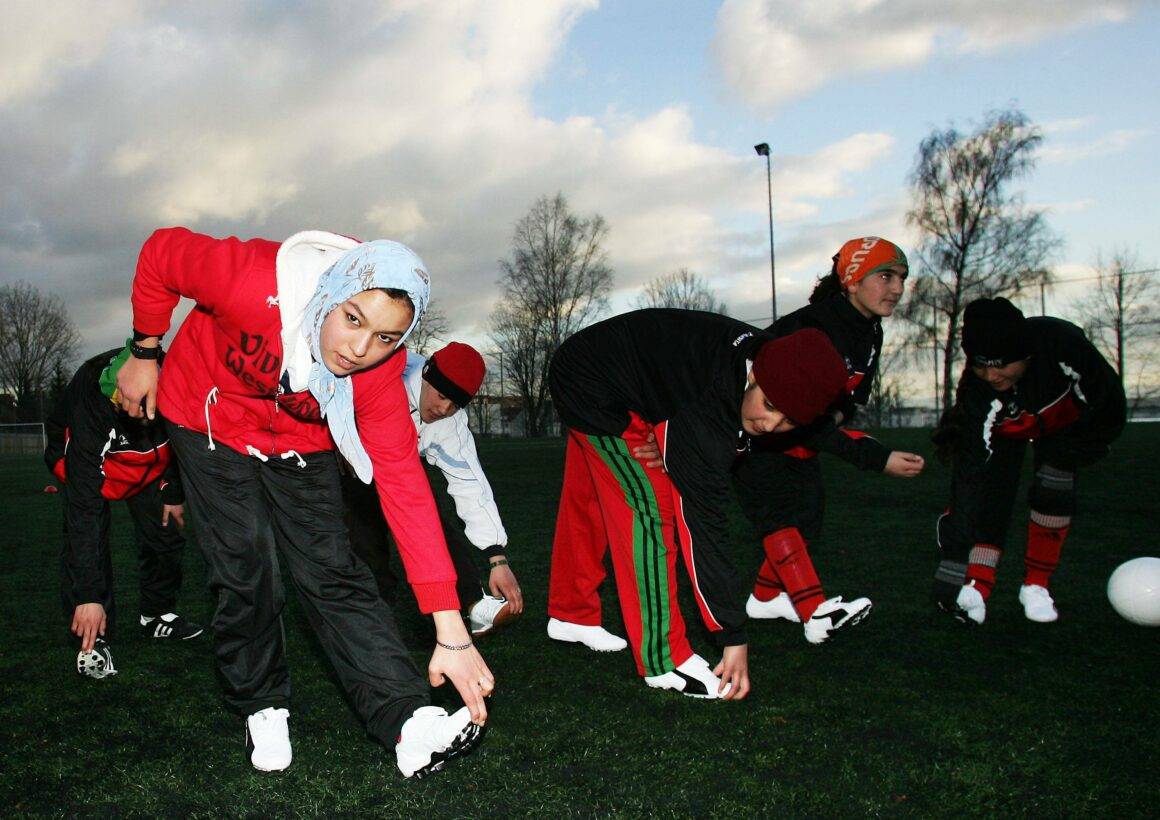
Afghan Stories: Afghanistan’s Female Athletes – what they accomplished over the last 20 years, and future prospects abroad.
While women under the Taliban are restricted from playing sports, some have been given a fighting chance abroad. Whether participating in the Olympics or simply being evacuated for safety, those who managed to escape before the last flights out of Kabul represent Afghanistan’s female athletes who have risked everything for their sport.
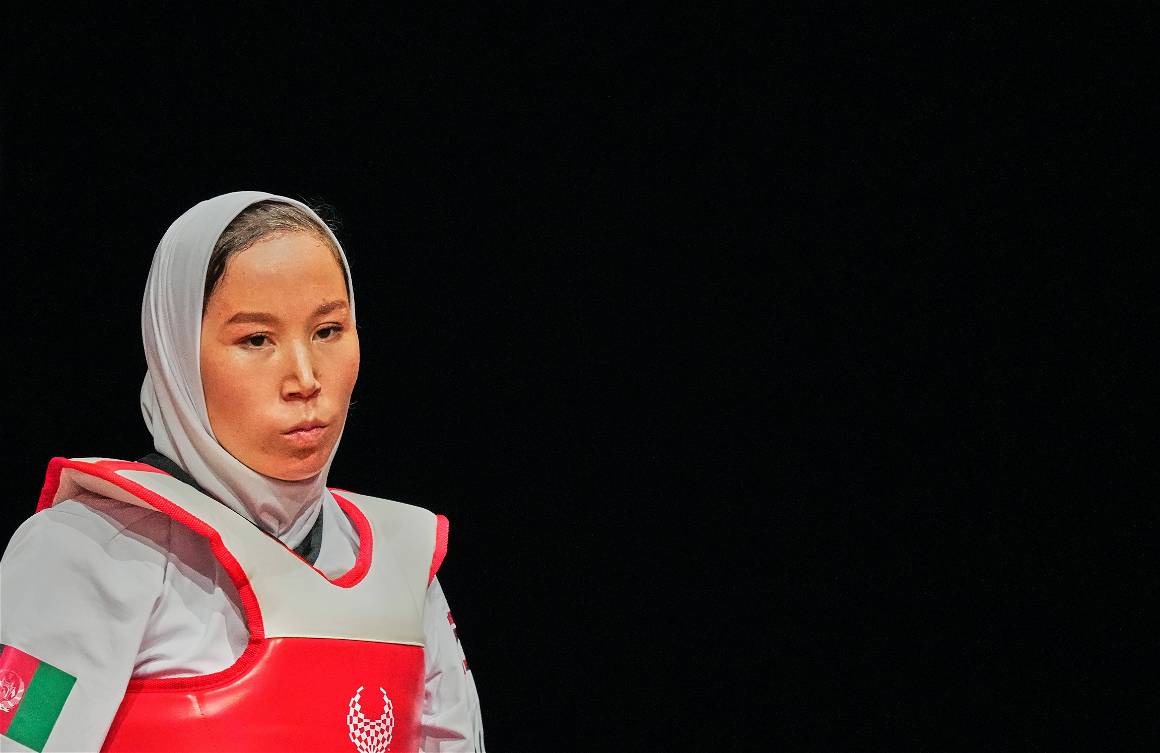
This year’s Tokyo Paralympics saw its first Afghan woman competing. At the young age of 23, Zakia Khodadidi was given a chance in the ring after a rescue mission was launched for her and Hossain Rasouli, who competed in the men’s long jump T47 final. Initially prevented from participating as the Taliban invaded Kabul, the two athletes’ pleas to participate in Tokyo gained attention and were taken on by former Canadian Olympian and attorney in Sydney, Australia Nikki Drydenm, who collected the dossiers for the two athletes with a target on his back. The Italian Taekwondo Paralympic Committee also helped get the athletes to Tokyo.
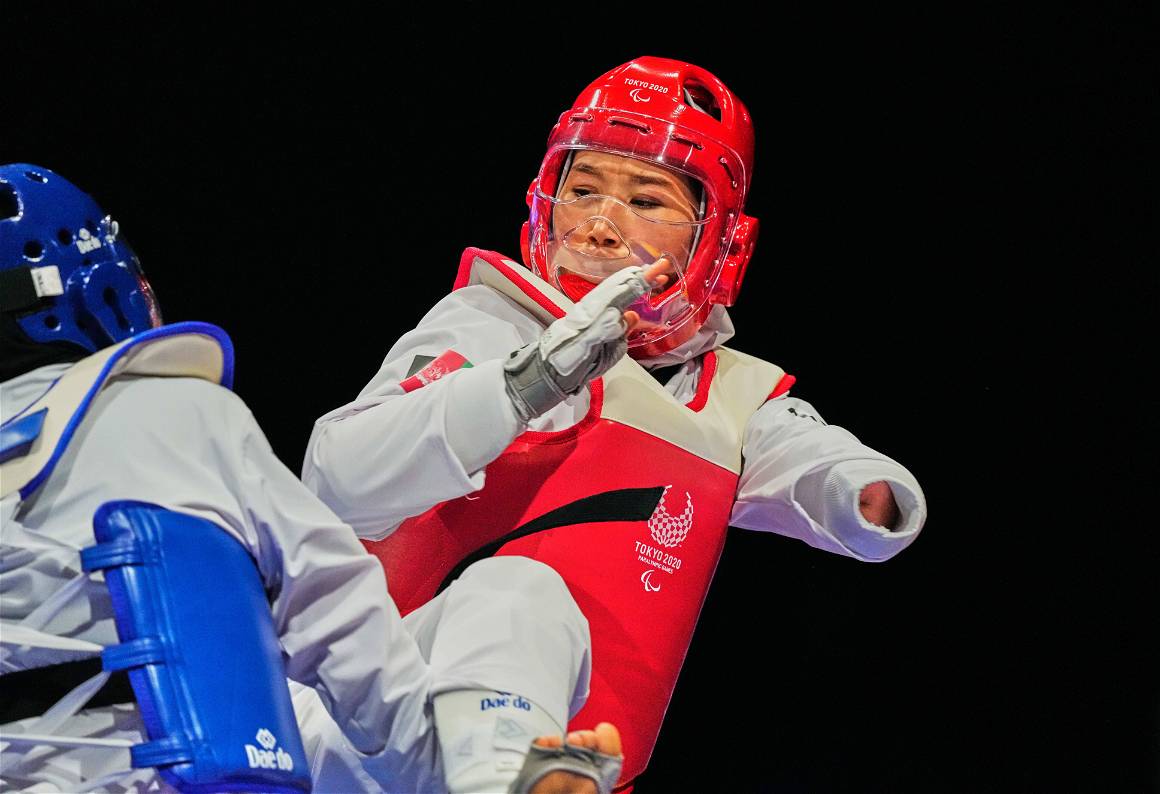
The International Olympics Committee (IOC), FIFA and other bodies have evacuated around 100 football players and their families with help from Qatar, and dozens of other female athletes. While Khodadidi made her way to the Tokyo Paralympics, the story for many female Afghan athletes has not been so promising. The women’s national handball team for example, were unable to attend the Asian Women’s Handball Championship in Jordan which took place in September. Effectively, one of the first restrictions the Taliban imposed was on female athletes.
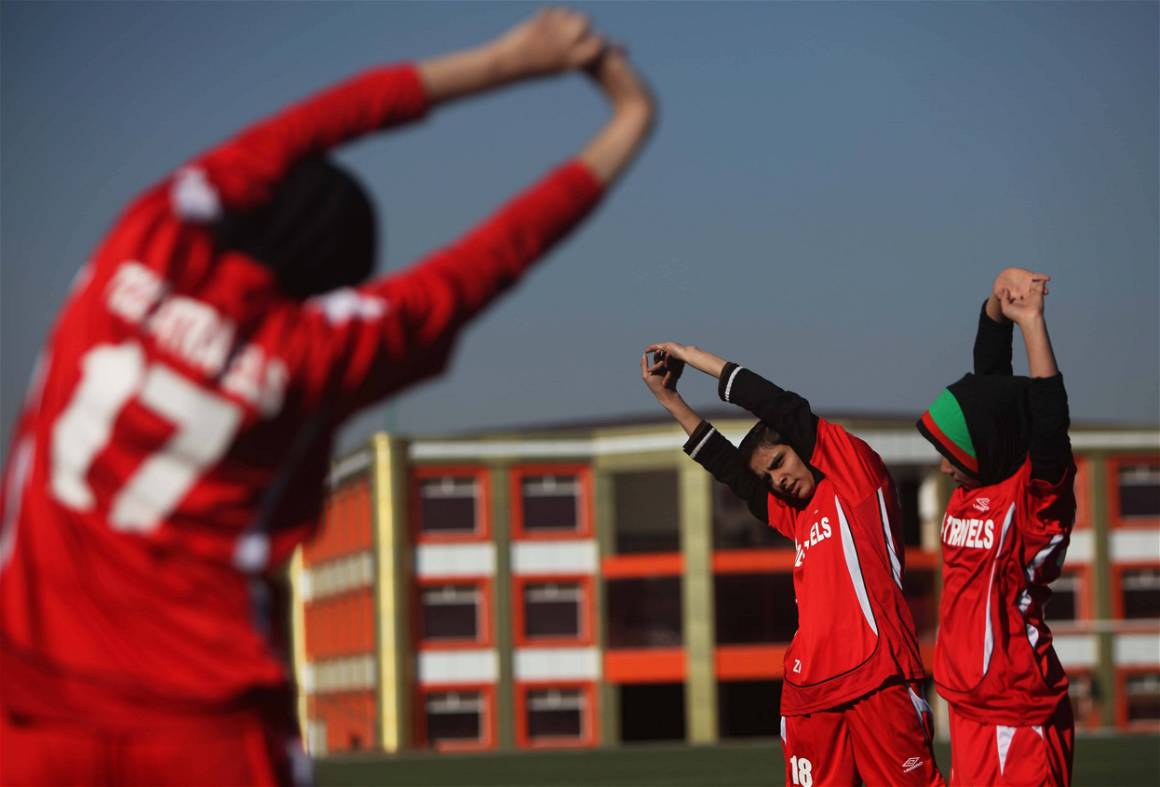
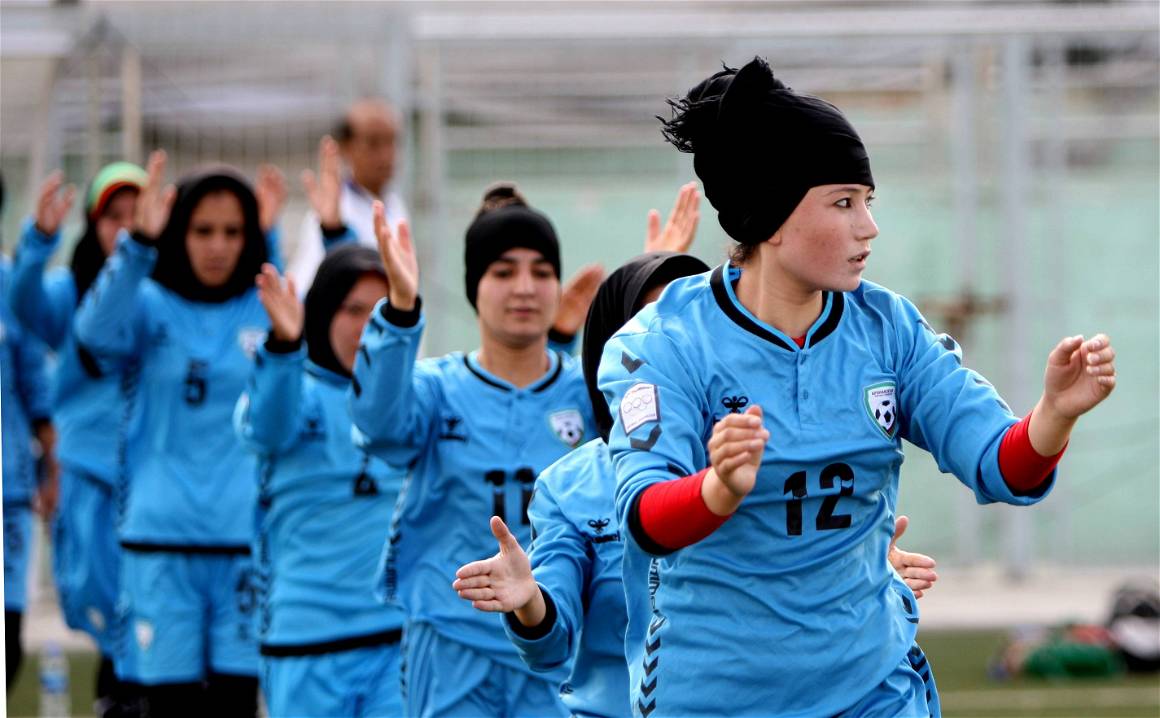
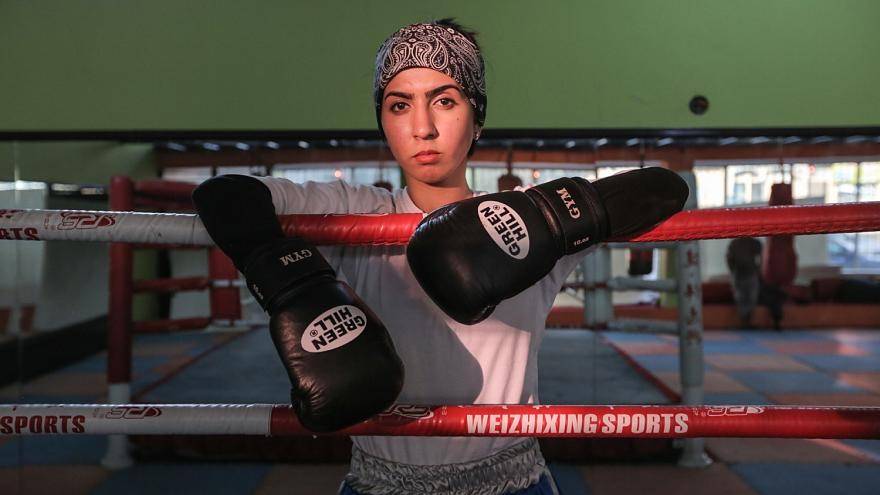
Berlin-based boxer and journalist from Afghanistan Sadia Bromand has lived in Germany for two years, striving to be a voice for Afghan women. “I was hopeful and did training with the best feeling for my future and the future of Afghan women, but now I am really hopeless,” she said. “Many of my athlete friends and especially my family in Afghanistan are in danger and the girls can’t do sports. Because of this I tried to do my best for Afghanistan because I have the opportunity here.”
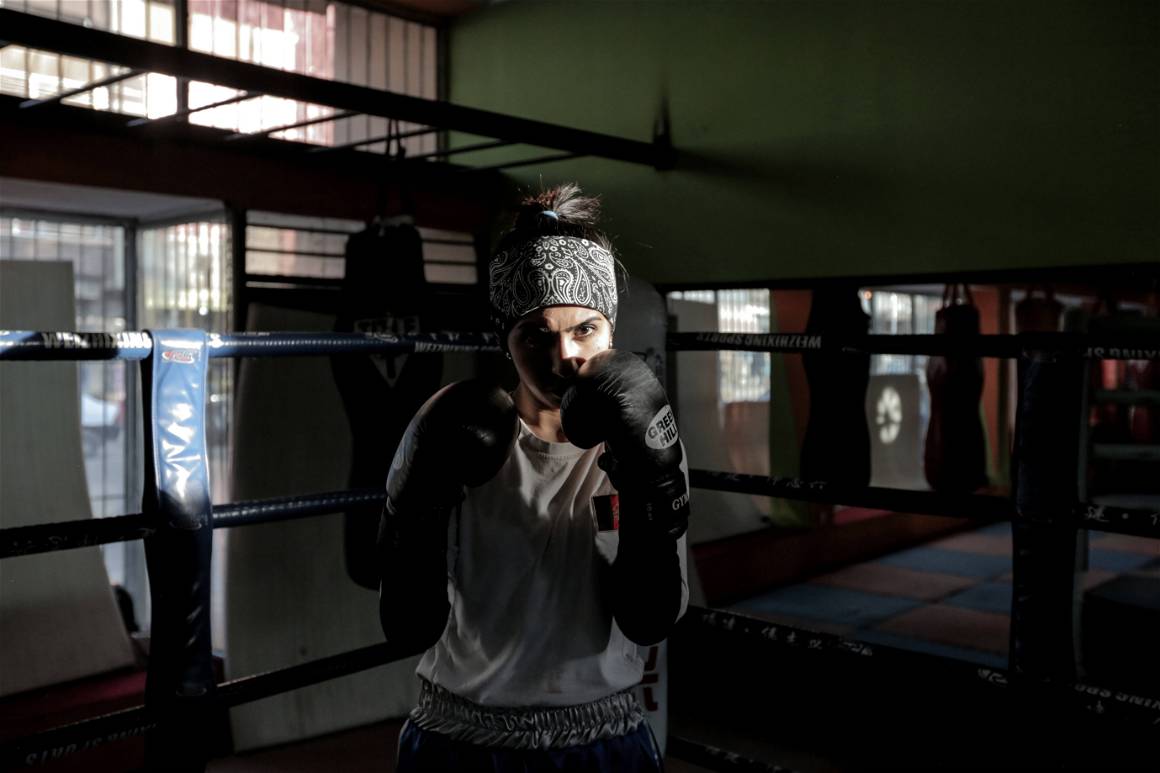
Historically, Afghan women did not compete in the Olympics until three years after the fall of the Taliban because the IOC banned Afghanistan from sending athletes during Taliban rule. Before this year, four Afghan women had competed in the Olympics since 2004, including runner Kamia Yousufi in the 2016 Rio Olympics. There were also Afghan women on this year’s Olympic Refugee Team, including judo fighter Nigara Shaheen who grew up in Pakistan, and cyclist Masomah Ali Zada who moved to France in 2017.
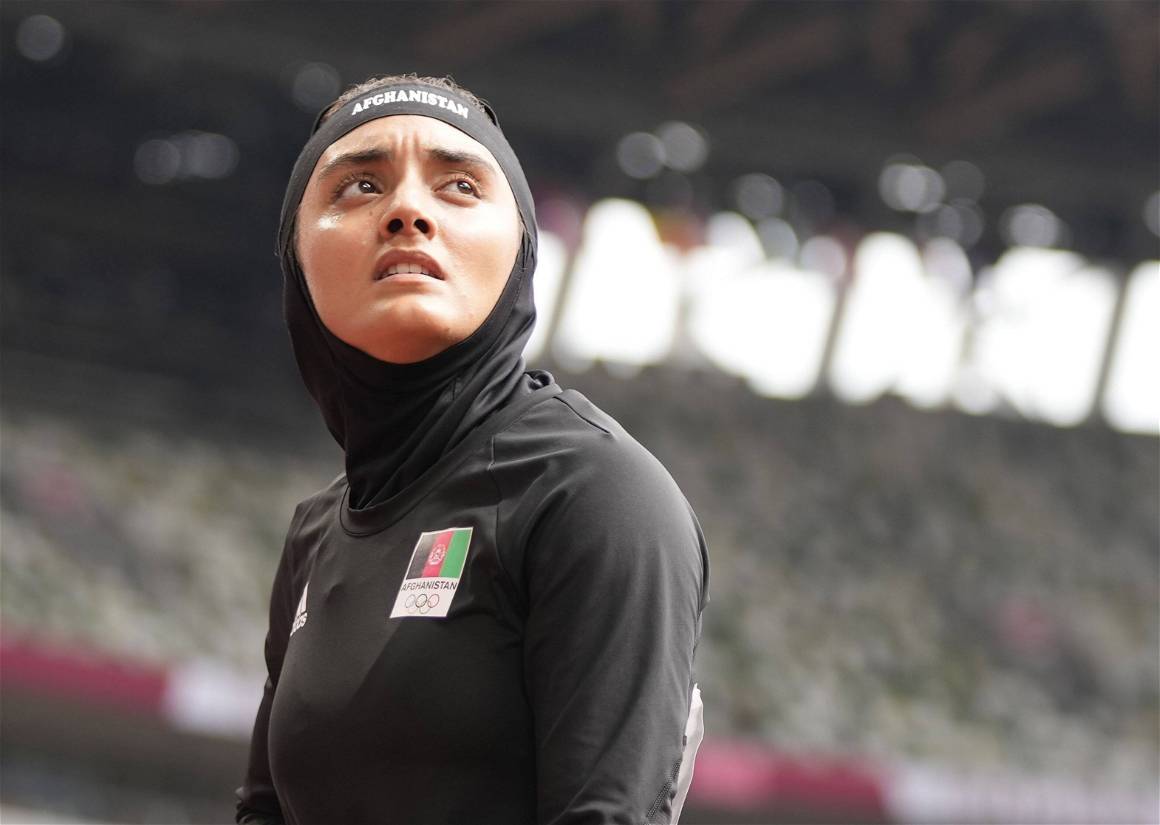
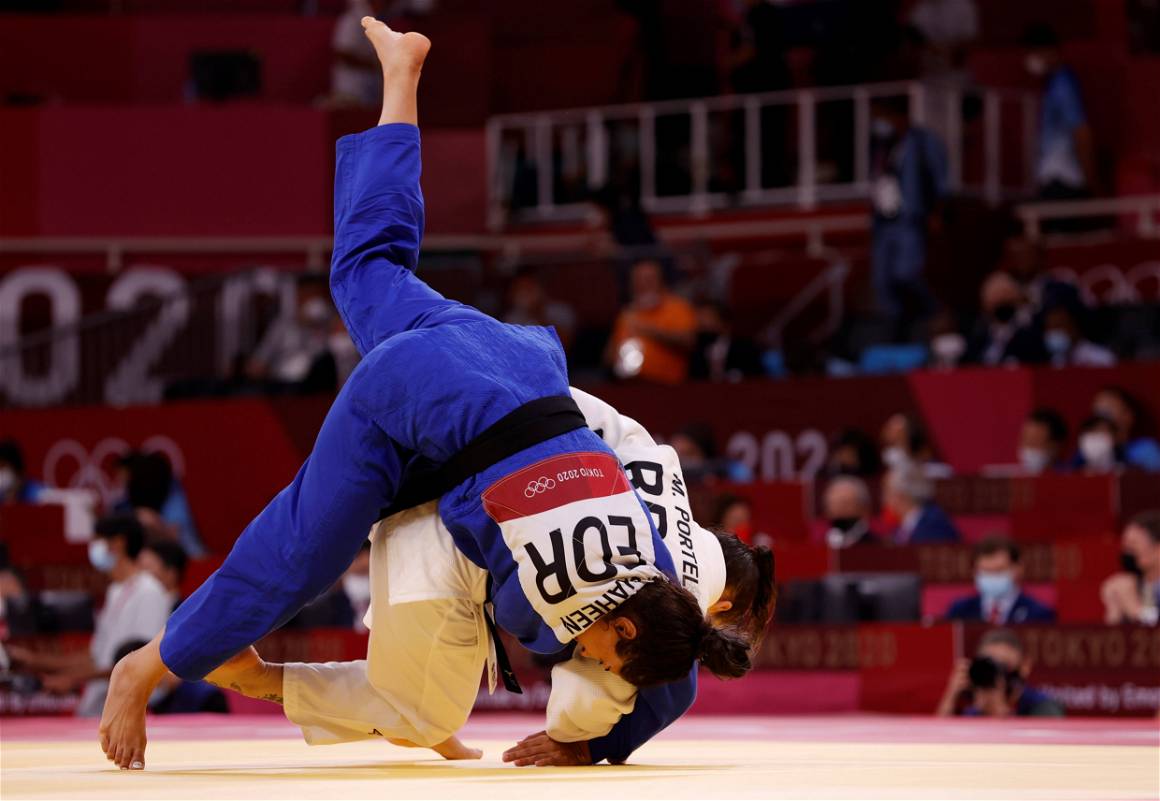
Before the Taliban regained control this late summer, the prospects, especially for female athletes, were on the rise. They were competing not only in the Olympics but also international and national tournaments. “[The Taliban] want to delete one part of the society: they want to delete the women and it’s really hard to accept it. It’s really the worst situation for Afghan women. They are not allowed to do sports any more or to go to school. What was done in the past 20 years will be destroyed,” said Bromand.
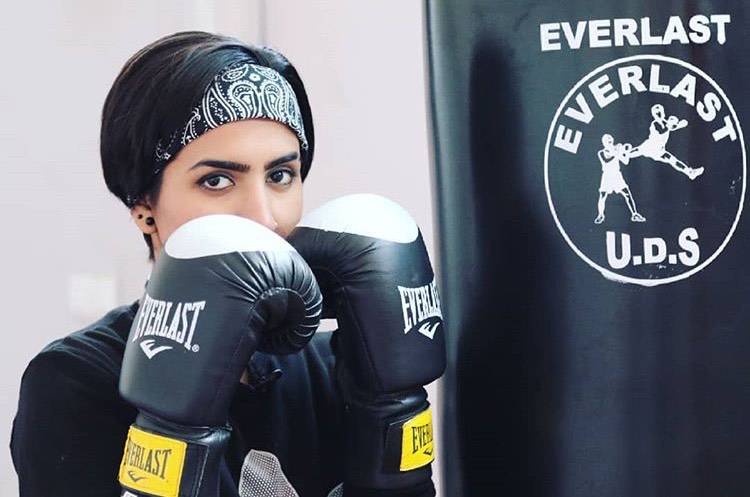
Bromand moved to Germany two years ago for a better future. Living in Berlin now she is able to continue her passion as an athlete and represents the resilience within Afghan women in sports, but she fears for those left behind in her homeland. “My big dream,” she said, “was that I can fight for Afghanistan, because there are many girls that want to play sports, but they don’t have the opportunity that I have here.”
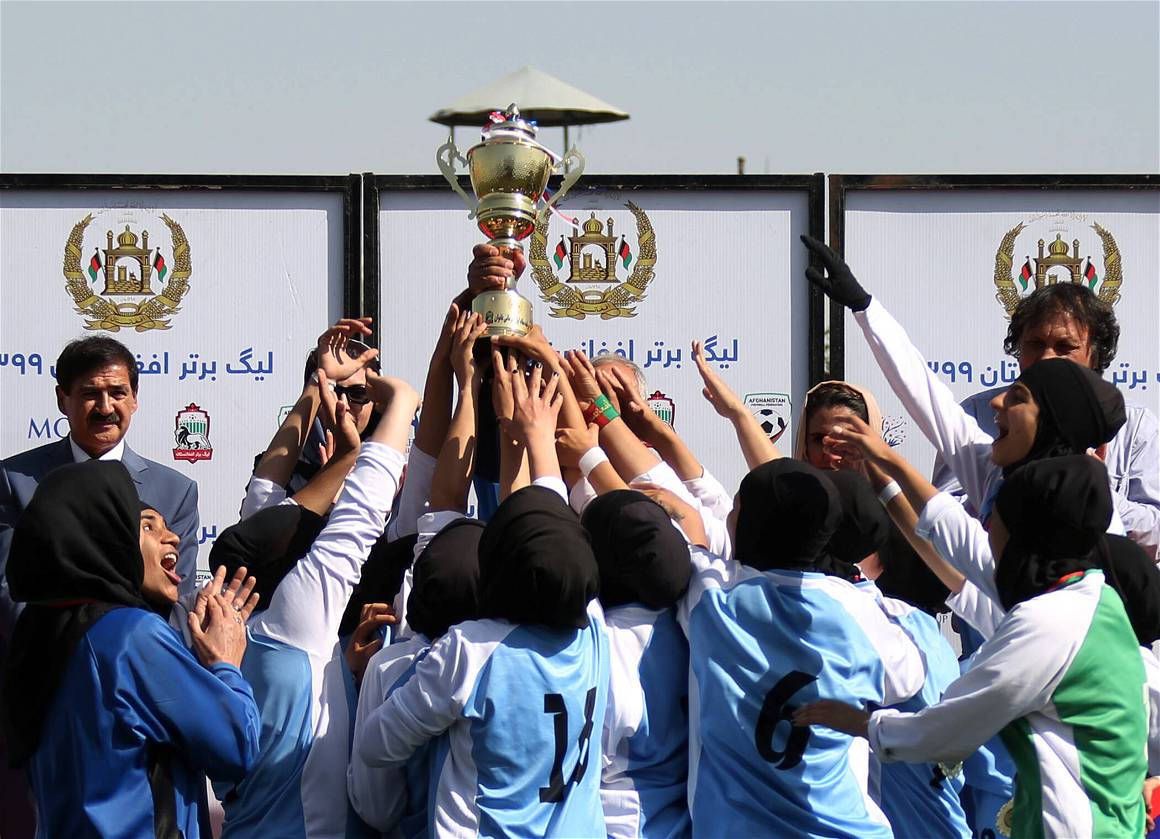
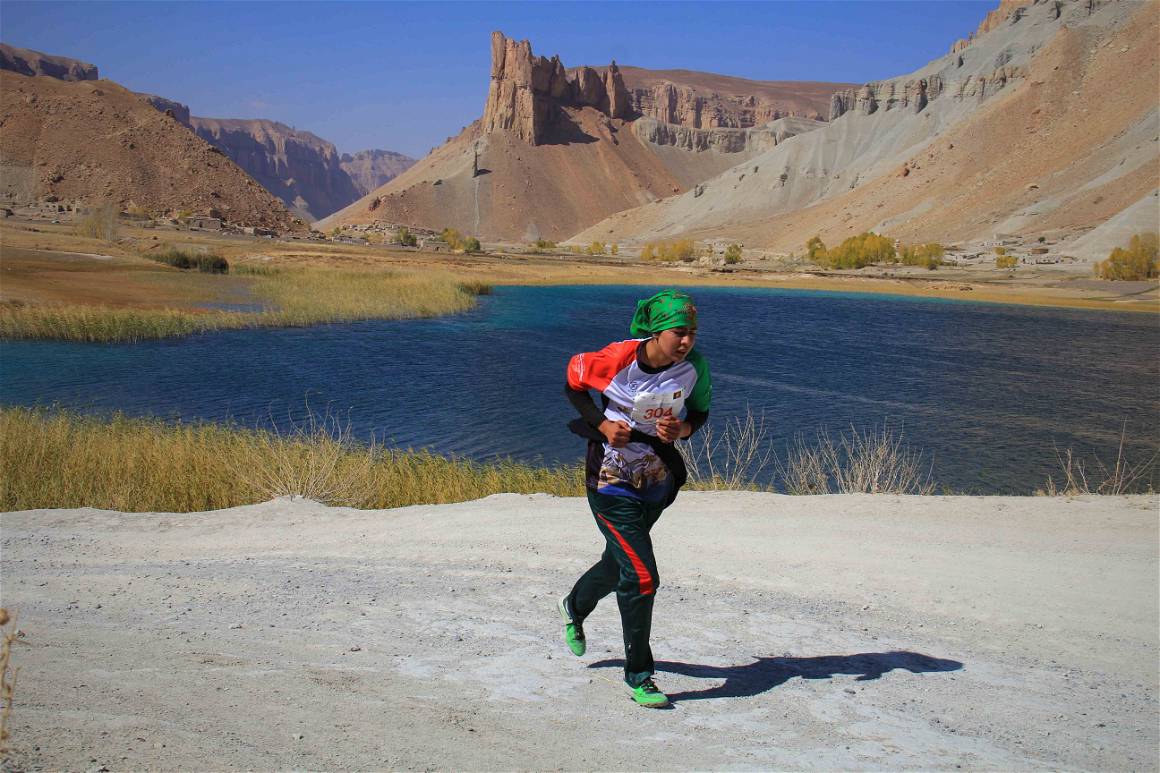
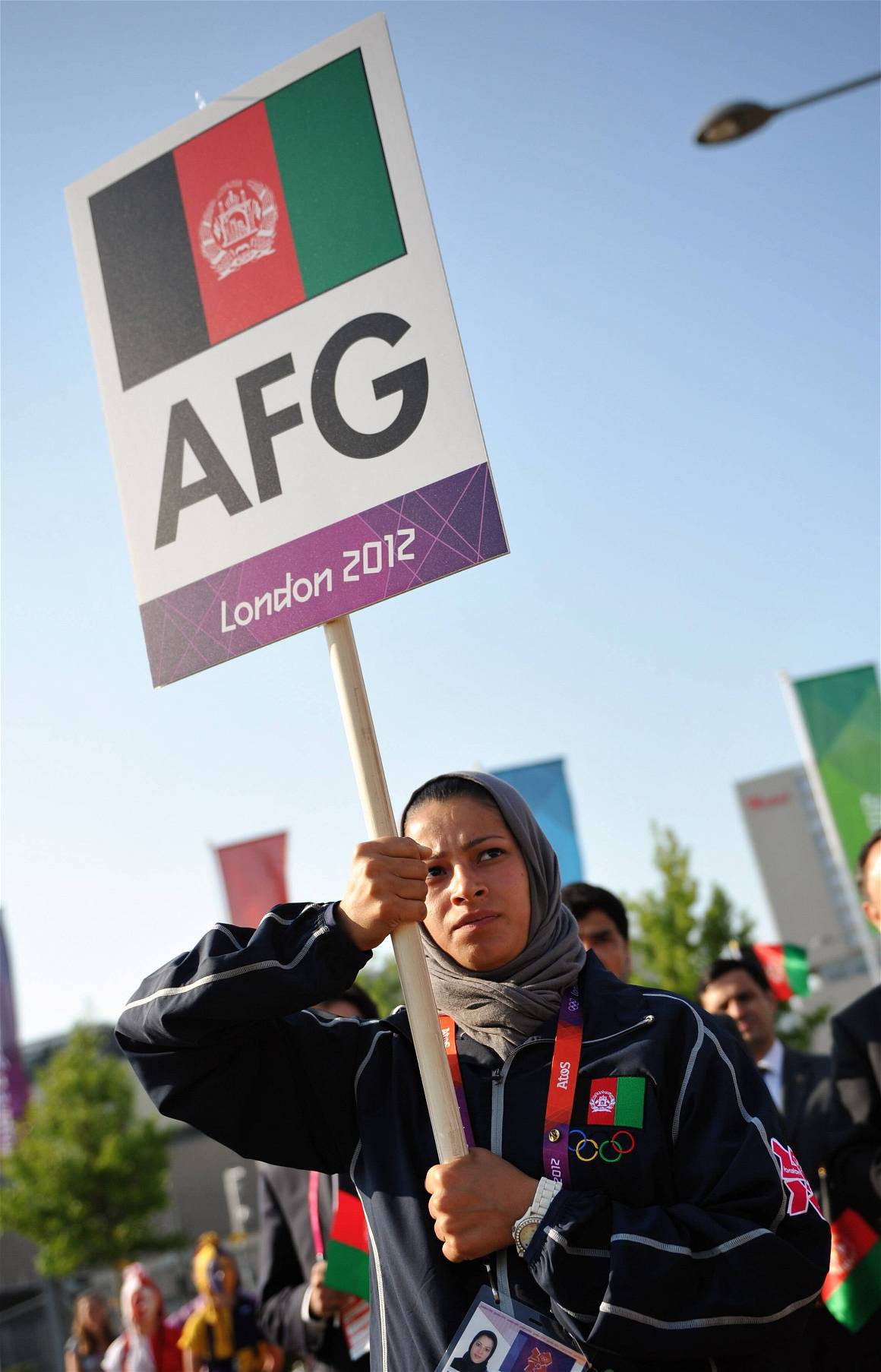
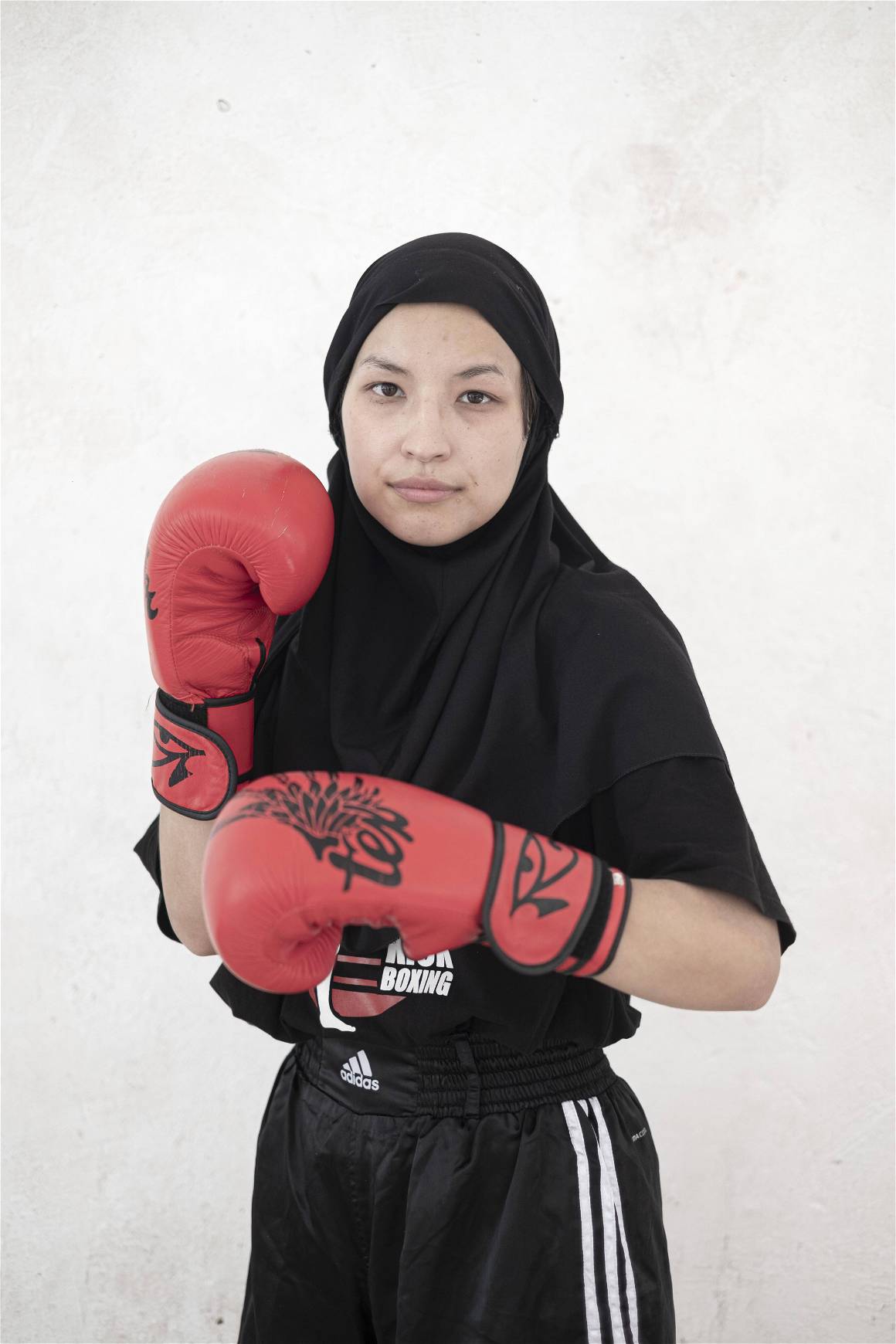
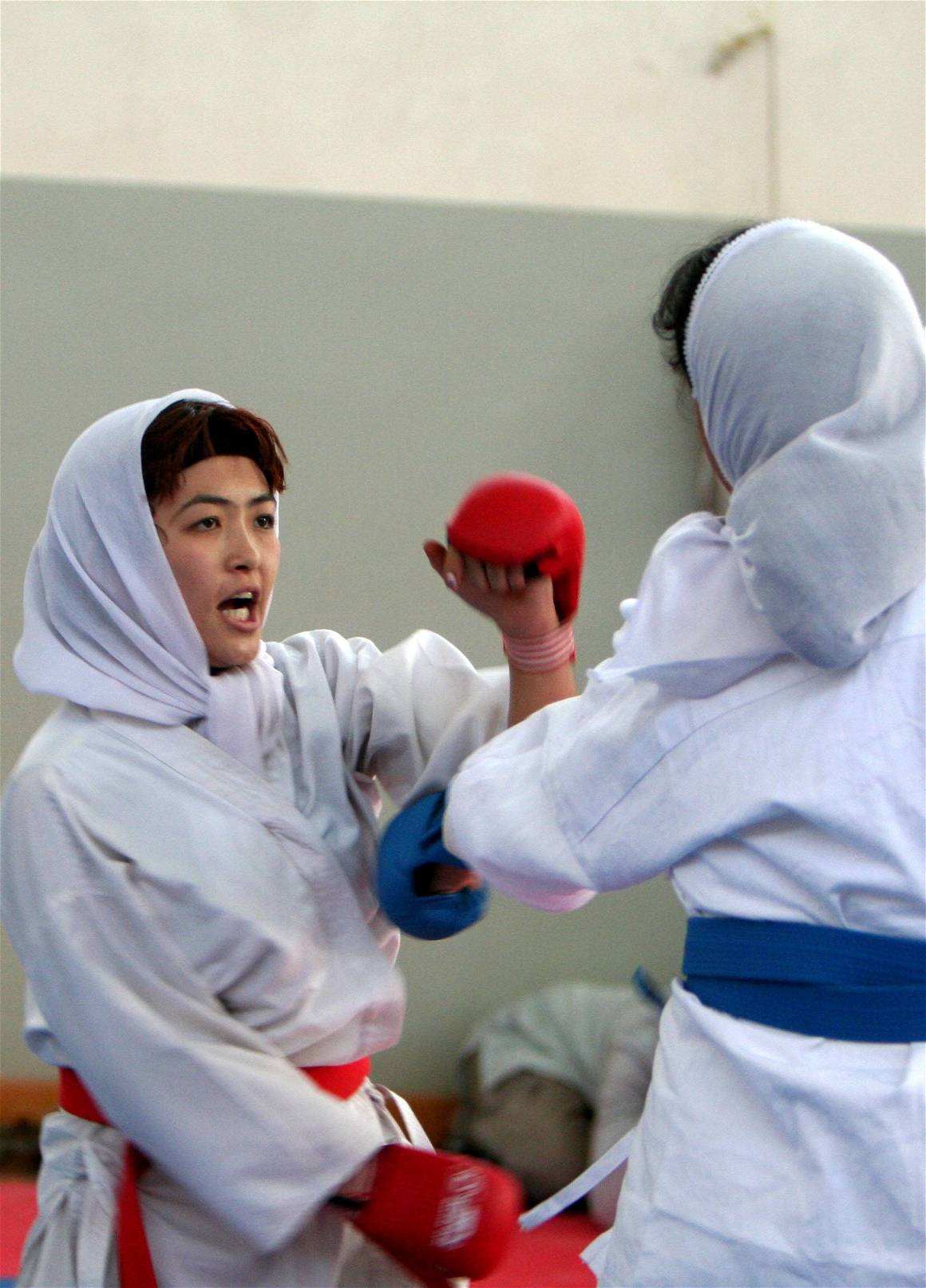
Written by Sofia Bergmann for our Afghanistan Stories: A Short Series. See IMAGO’s collection of female Afghan athletes here.


